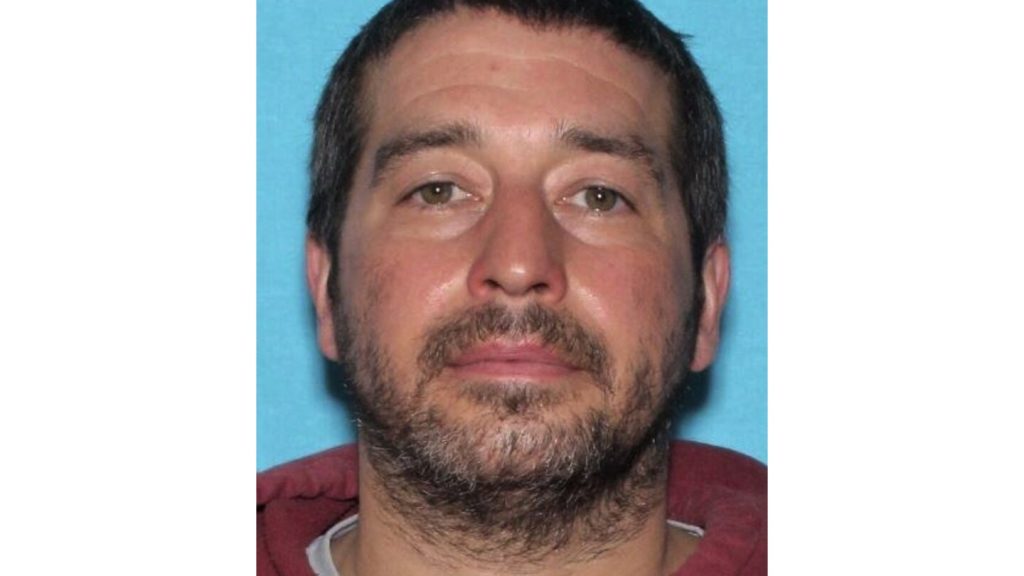A recent independent commission report on Maine’s deadliest mass shooting highlighted missed opportunities by law enforcement to prevent the tragedy. The report focused on the state’s “yellow flag” law, which allows judges to temporarily remove guns during a psychiatric health crisis. The panel criticized the Sagadahoc County sheriff’s office for not taking action under this law against Robert Card, who went on to kill 18 people in Lewiston. The commission concluded that the office had probable cause to detain Card and seize his guns but failed to do so, leaving the decision up to his family.
Another missed opportunity mentioned in the report was a warning from Card’s best friend, Sean Hodgson, who reported an incident where Card exhibited violent behavior. Hodgson reported to the U.S. Army Reserve supervisors that he believed Card was capable of carrying out a mass shooting. Despite this warning, the commission found that law enforcement, particularly Sgt. Aaron Skolfield, did not follow up on the report or pursue assault charges against Card. The commission criticized Skolfield for not taking the necessary steps to prevent future violence.
The commission highlighted the misconception among some law enforcement officers that victims need to press charges for a case to proceed to the prosecutor’s office. They emphasized that it is the responsibility of law enforcement to investigate crimes and gather evidence for prosecutors to act. In Card’s case, the commission found that there was more than enough information available to pursue assault charges, which could have led to his arrest and potentially prevented the mass shooting. Card, who later died by suicide after the shooting, was known to law enforcement and had exhibited concerning behavior in the past.
While legal experts agree that there were missed opportunities by law enforcement to intervene in Card’s case, the question remains whether taking action would have prevented the mass shooting. Jim Burke, a professor emeritus at the University of Maine School of Law, highlighted the challenges of pursuing criminal charges without sufficient evidence or witness cooperation. He noted that in hindsight, the warning signs were clear, but at the time, authorities may not have seen the potential for violence. Burke emphasized the importance of law enforcement agencies collaborating and sharing information to prevent such tragedies in the future.
Orlando Delogu, another professor emeritus at the law school, also criticized the lack of cooperation between different law enforcement agencies in Maine. He pointed out that the sheriff’s office did not have access to all the information the Army had about Card, leading to gaps in communication and oversight. Delogu agreed with the commission’s assessment that authorities should have investigated Card for the assault on Hodgson and taken necessary steps to address his behavior. Moving forward, Delogu stressed the importance of improved collaboration among law enforcement agencies to prevent similar incidents.
In conclusion, the commission’s report sheds light on the missed opportunities and shortcomings in law enforcement’s response to warning signs before Maine’s deadliest mass shooting. The case of Robert Card highlights the complexities and challenges of preventing mass violence through legal means. While there were clear indicators of potential danger, the lack of coordination and follow-up by authorities raised concerns about the effectiveness of existing protocols. Moving forward, experts recommend enhanced communication and collaboration among law enforcement agencies to better identify and address individuals at risk of committing violent acts before tragedy strikes.


